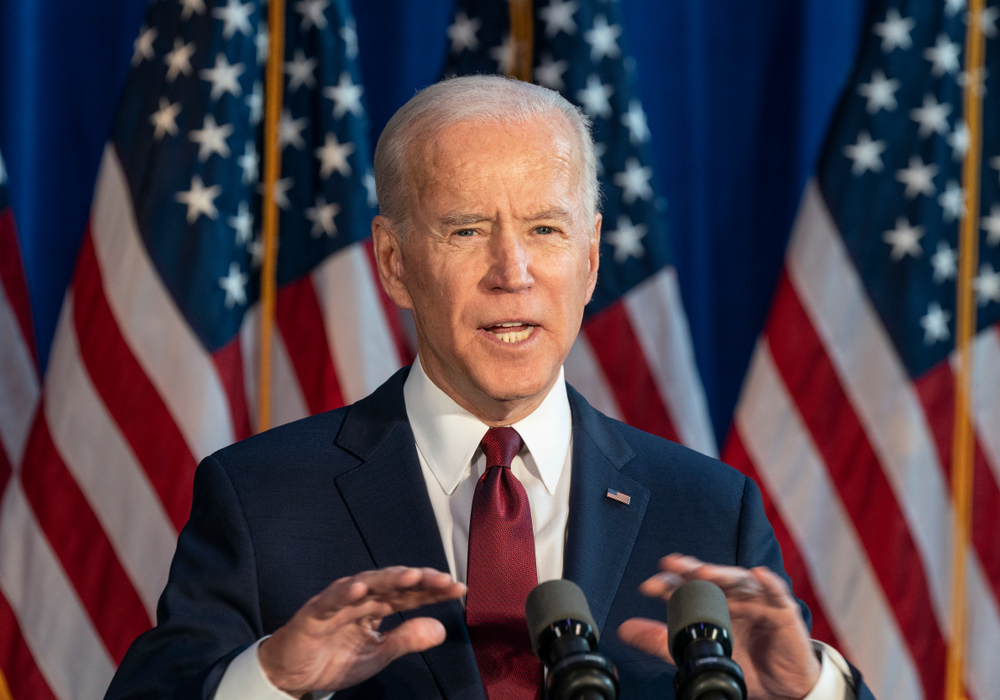The power struggle over whether to inflict what many are citing as the most impactful economic sanction on Russia, in removing them from the global payments and banking network SWIFT, is continuing as US President Joe Biden underlined it was a step he wanted to take.
Speaking during a public address yesterday evening and as the Russian invasion edged towards Ukraine’s capital Kyiv, Biden stated that removing Russia from SWIFT is ‘always an option, but not the route that the rest of Europe needs to take’.
He did however add that the banking sanctions being implemented on Russia at the moment are of ‘equal consequence’ to any involving SWIFT.
Meanwhile, speaking to BBC on Friday morning, UK Defence Secretary, Ben Wallace underlined the desire of the UK to include SWIFT in sanctions included.
Wallace said: “We would like to go further, we’d like to do the SWIFT system – that is the financial system that allows the Russians to move money around the world to receive payments for its gas – but … these are international organisations and if not every country wants them to be thrown out of the SWIFT system, it becomes difficult.”
Nonetheless, on Thursday evening, at a Summit of EU leaders, German Chancellor Olaf Scholz shared his reluctance to involve SWIFT in the sanctions, following a question from the media.
“In terms of unity and determination, it is very important that we decide on the measures that have now been prepared over the last few weeks, and reserve everything else for a situation where it is necessary to do other things as well,” he emphasised.
One of the key challenges involved with removing Russia from SWIFT will not only have an impact across Russia, but also in Europe – with it being the transaction network utilised to pay for Russian oil and energy exports, which are relied upon in many EU states.























